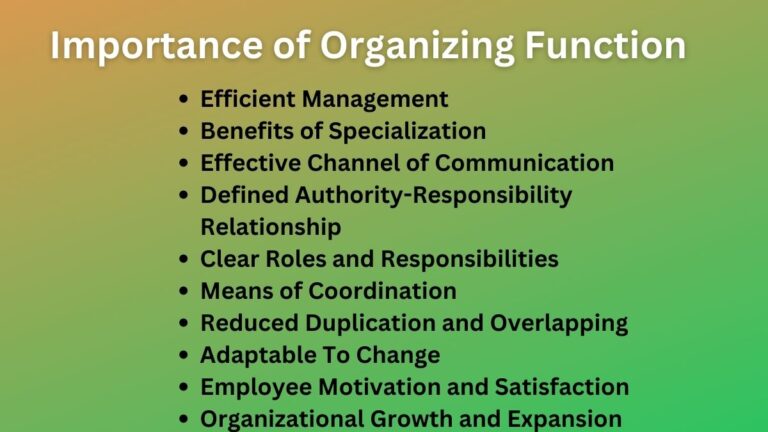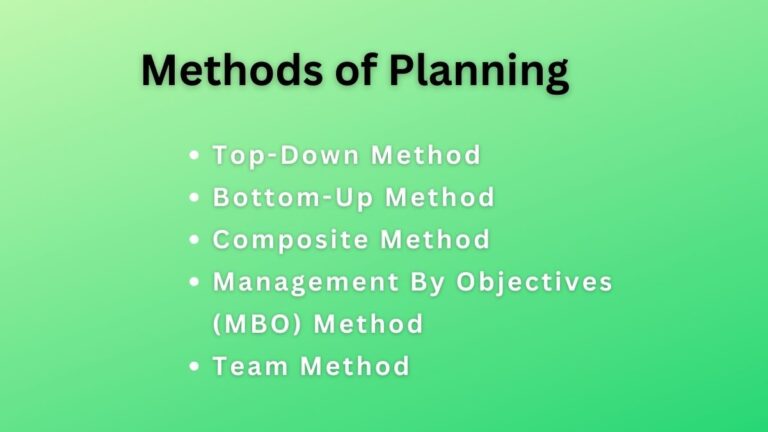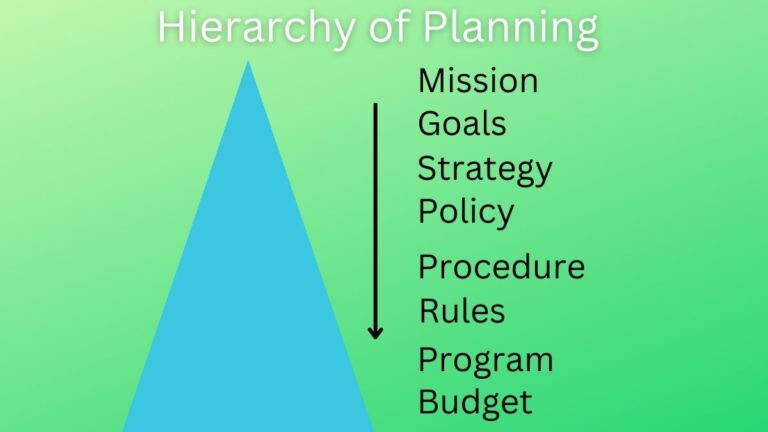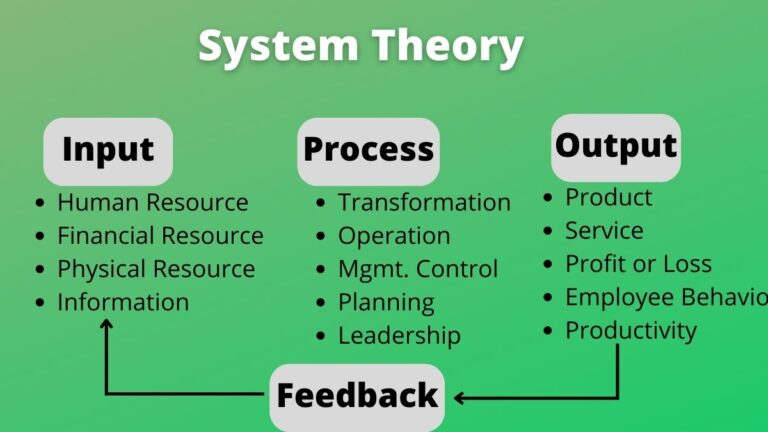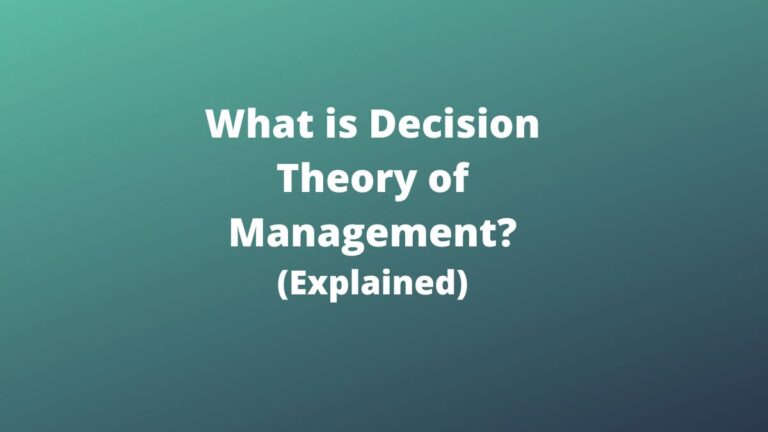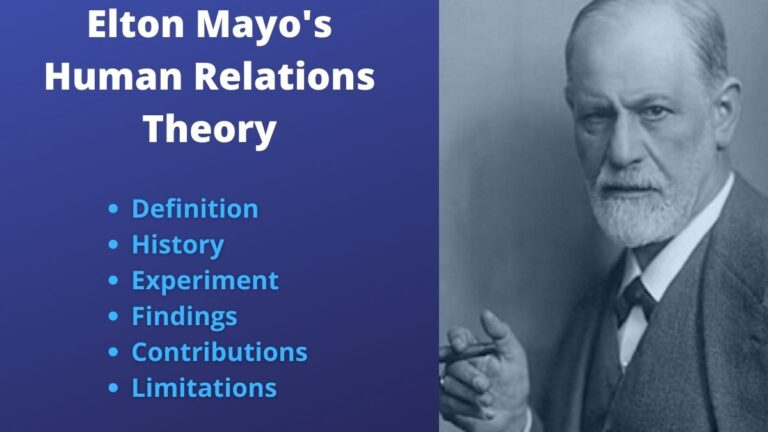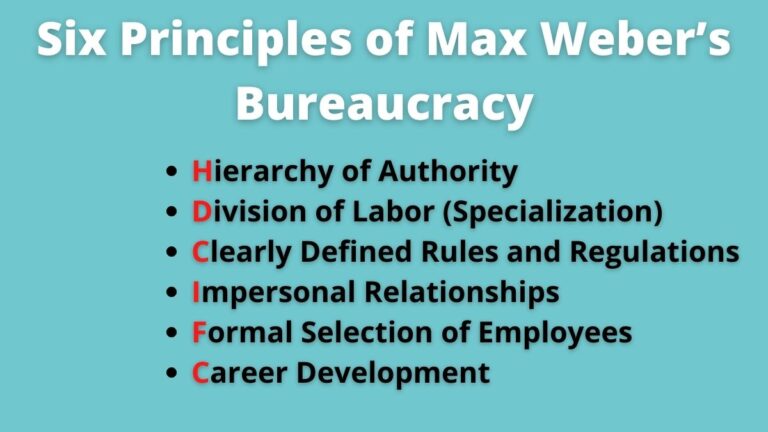10 Importance of Organizing Function in Business [Explained]
Importance of Organizing Organizing is an effective management function if implemented effectively can pave the way for companies to successfully walk in a dynamic business environment. Following are the 10 points that justify the importance of organizing in business. Efficient Management A good organizational structure is the foundation of effective and efficient management. It is…
